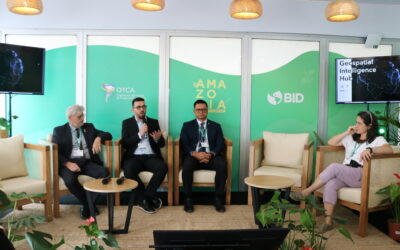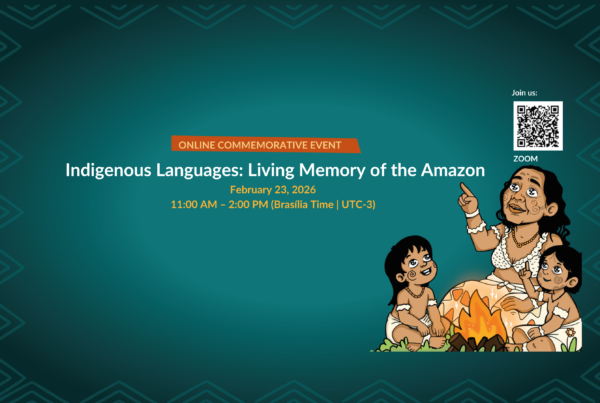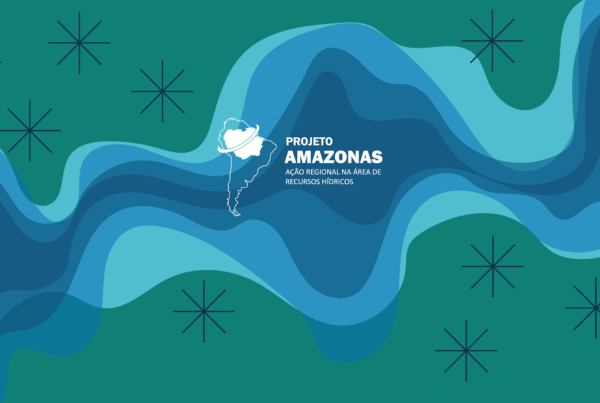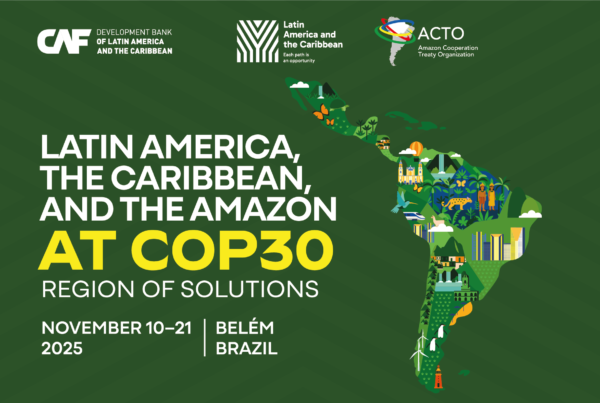October 27, 2024 – Today, the event “Geospatial Solutions for Better Land Use Management in the Amazon” took place, bringing together experts from various disciplines to discuss how geospatial data and integrated information systems can promote sustainable development and address environmental challenges, aligning with global objectives such as the Kunming-Montreal Global Biodiversity Framework and the goals of COP 16.
Moderated by Tatiana Schor, Head of the Amazon Region Unit at the Inter-American Development Bank (IDB), the event featured contributions from Mauro Ruffino, Coordinator of the Amazon Regional Observatory (ORA) at OTCA, Diego de Medeiros, an environmental engineer from Codex, and Marciano Dasai, Minister of Spatial Planning and Environment of Suriname.
During the session, regional and local examples were explored, illustrating how geospatial analysis and intelligence can transform decision-making in environmental conservation and socioeconomic development. Ruffino highlighted ORA’s advances in integrating data among Amazonian countries and emphasized the importance of interoperability among geospatial monitoring systems for effective decision-making. He explained how the ORA platform, launched in 2021, has enabled OTCA member countries to share information in real-time, overcoming one of the major challenges: the lack of data integration among nations.
Minister Dasai presented Suriname’s efforts to protect its vast Amazonian forests, which cover 93% of its territory. He emphasized how geospatial tools have allowed the country to analyze infrastructure projects and their impact on land use, facilitating informed decisions that balance environmental protection with economic development. “By using geospatial solutions, we can anticipate the impact of future projects and make decisions that prioritize sustainability,” Dasai stated.
The panel concluded with a reflection on the need to strengthen regional cooperation in the Amazon, utilizing geospatial technology as a key tool to address common challenges such as climate change and biodiversity loss. Schor underscored the importance of these systems for strategic planning and creating more efficient public policies, not only at the local level but also across borders.



